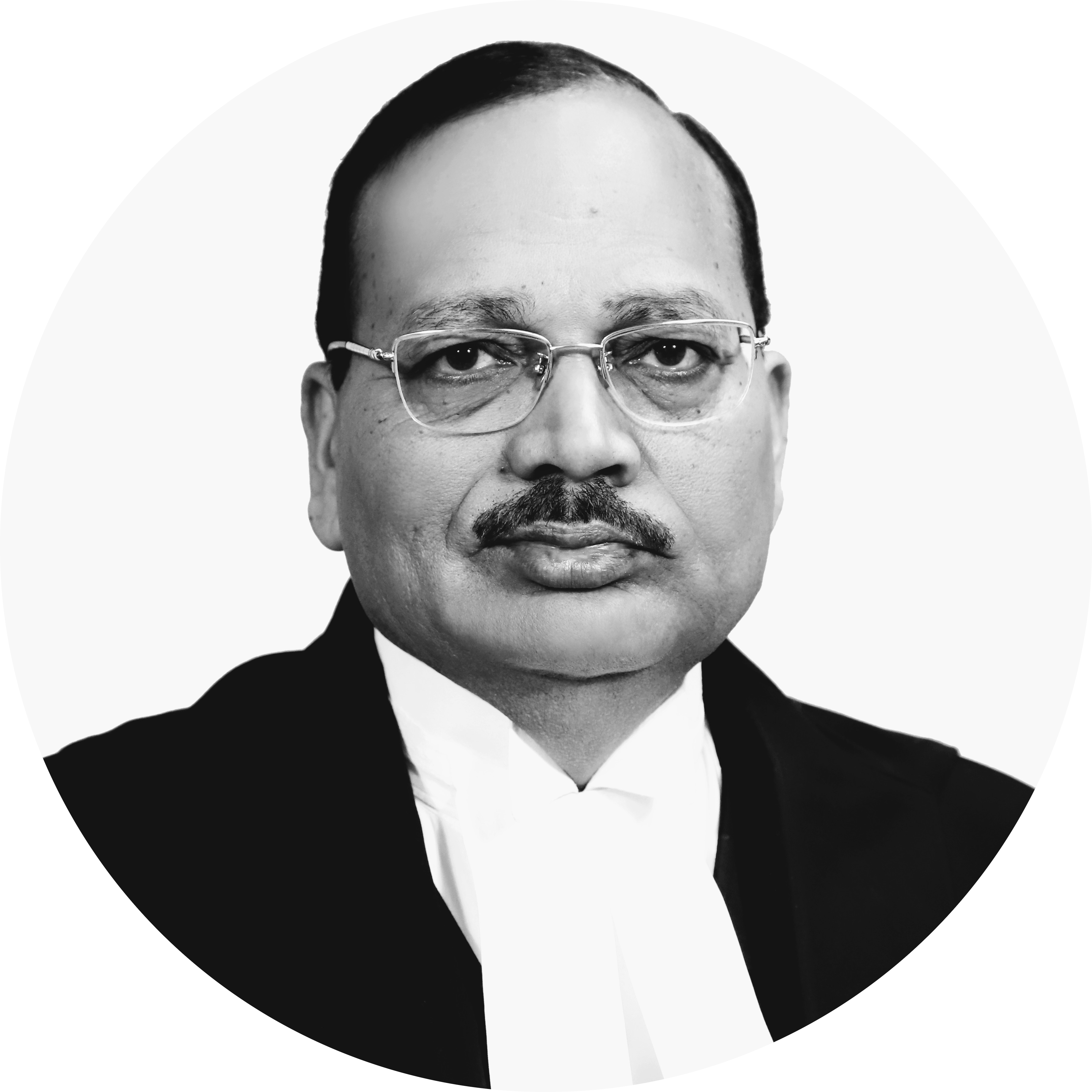Surya Kant

Surya Kant
Sitting Judge of the Supreme Court of India
Assumed Office24th May, 2019
Retires On9th Feb, 2027
Previously
Chief Justice of the Himachal Pradesh High CourtOctober 5th 2018 - May 23rd 2019
Judge of the Punjab and Haryana High CourtJanuary 9th 2004 - October 4th 2018
Profile
Education and Career as an Advocate
Justice Surya Kant studied law at the Maharshi Dayanand University in Rohtak. He began practising in the Punjab and Haryana High Court in 1985 and served as the Advocate General of Haryana. He was then designated as a Senior Advocate in 2001.
Career as a Judge
In 2004, Justice Kant was appointed as a Judge of the Punjab and Haryana High Court. He was sworn in as the Chief Justice of Himachal Pradesh High Court on October 3rd, 2018. His appointment drew controversy as Justice A.K. Goel, a consultee who had been elevated to the Supreme Court from the Punjab and Haryana High Court, disagreed with the Collegium. A consultee judge’s views are sought by the Collegium due to their familiarity with the High Court from which a judge is being considered for elevation. Nonetheless, the Collegium appointed Justice Kant as Chief Justice of Himachal Pradesh High Court.
In 2019, the Collegium elevated Justice Kant to the Supreme Court. In elevating him, the Collegium emphasised it was placing due weight on having adequate representation from all High Courts in the Supreme Court.
Figure 1 indicates that Justice Kant has authored 54 judgements, and has been a part of 312 benches.
Figure 2 indicates that Justice Kant mainly authored judgements in Criminal Matters (35%). This is followed by Motor Vehicle (12%), Service (8%) and Insurance (6%) matters.
Notable Judgments
Justice Kant authored the unanimous judgment on behalf of Justice Arun Mishra and himself in Jitendra Singh v Ministry of Environment and Ors. He noted that ponds were public utilities meant for common use. He held that schemes that extinguish local water bodies, even with alternatives, violate Article 21 of the Constitution.
Central Bureau of Investigation v Sakru Mahagu Binjewar and Ors involved a conviction for Murder, Criminal Conspiracy, Rioting and intimidation and insult under Scheduled Castes and the Scheduled Tribes (Prevention of Atrocities) Act, 1989. Justice Kant authored the opinion of the three-judge Bench on the proportionality of a 25-year prison sentence. He held that Section 57 of the IPC does not in any way limit the punishment of imprisonment for life to a term of 20 years. Therefore, he upheld the commutation of the death penalty to 25-years 'actual imprisonment.'
